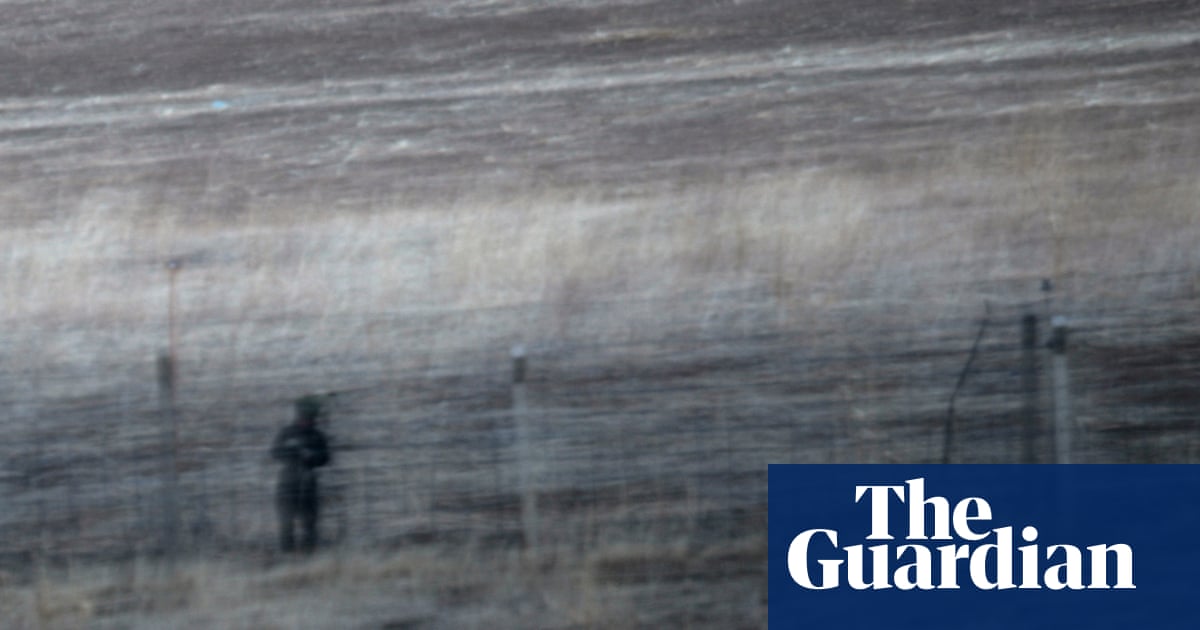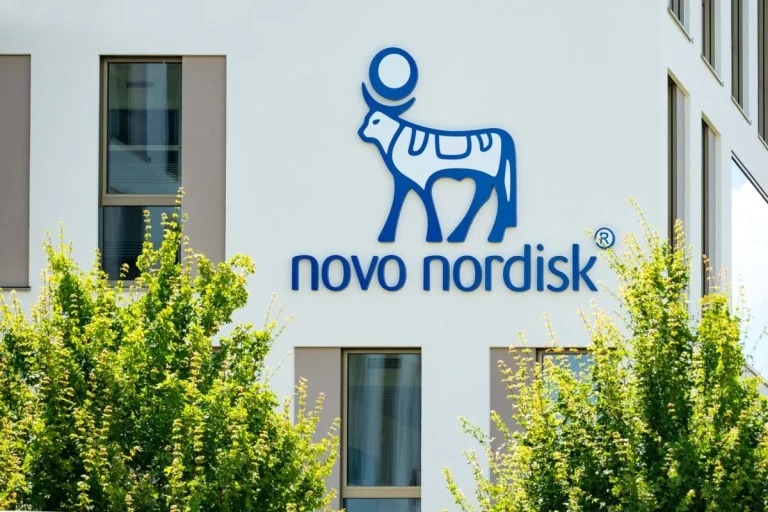
The Poetic Journey of Family Separation
Suji Kwock Kim’s poem, Search Engine: Notes from the North Korean-Chinese-Russian Border, is a haunting and evocative meditation on family separation, identity, and the consequences of the Korean War. Drawing from personal history, Kim explores the themes of absence, loss, and the relentless search for connection amidst political and historical upheavals.
The Legacy of the Korean War and Family Divisions
The Korean War (1950–1953) led to the division of families between North and South Korea, a scar that continues to affect an estimated 10 million separated families. Kim’s poem reflects this collective grief, illuminating the emotional toll of displacement and dictatorship. Written as an invocation to her grandfather, the poem draws us into the painful reality of searching for loved ones lost to time and borders.
Kim’s poignant questions—“what country do you belong to,” “where is your body buried”—reveal the desperate need to reconstruct familial identity beyond physical boundaries. In her words, her grandfather’s absence becomes a “wormhole that has no end,” an unending void that leaves both questions and imagined realities in its wake.
The Power of Poetry to Bridge the Past
Through Kim’s lens, poetry becomes a metaphorical search engine, connecting fragmented memories in an attempt to bridge the gap between present and past. The emotional tension of her writing converges on the painful choices families face: whether it is better to know the harsh truth of loss or maintain the hopeful fantasy of not knowing.
For readers, Kim’s work reminds us of the broader human experience of wartime separation and the importance of preserving historical memory. It also serves as a heartfelt plea for reconciliation, closure, and healing for those affected by decades of division.
Poetry Meets History: Exploring Cultural Context
Originally featured in Kim’s acclaimed pamphlet Notes from the North, the poem won the International Book and Pamphlet competition in 2019. Described by judge Amy Wack as “a scorched family album,” the collection captures the intergenerational trauma handed down through decades of political strife and dictatorship in the Korean peninsula.
The poem’s deep resonance lies in its ability to connect deeply personal experiences with broader, universal themes of separation, identity, and resilience. As Kim writes of her grandfather, “on the other side // lies a memory of a memory / or a dream of a dream of a dream / of another life,” she invites readers to reflect on their own histories and the infinite connections that shape our identities.
Self-Care for Reflective Moments
Moments of emotional reflection, such as reading Kim’s work, often invite self-care and contemplation. If you’re in need of soothing rituals to accompany your reading, consider investing in luxury wellness products to create a calming atmosphere. For instance, the Hourglass Equilibrium Restorative Hydrating Balm can provide a moment of tranquility in your self-care routine.
Why Reflecting on History Matters
Kim’s poetry is a call to action—encouraging readers to explore the histories that shape them and empathize with the human cost of displacement. Her work serves as a reminder that, while time and borders may separate us, the search for meaning and connection is universal and unending.






